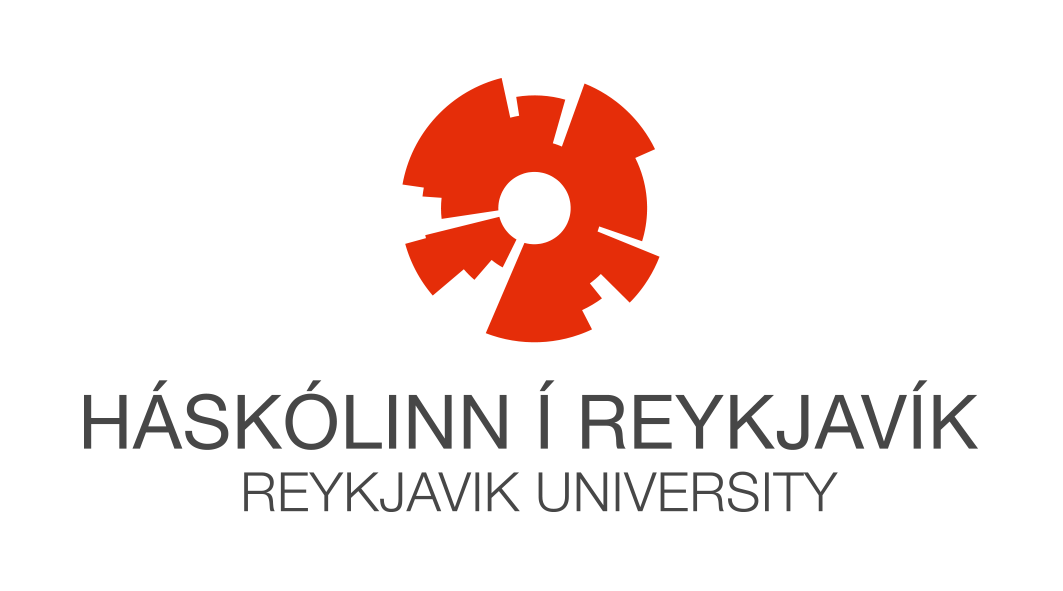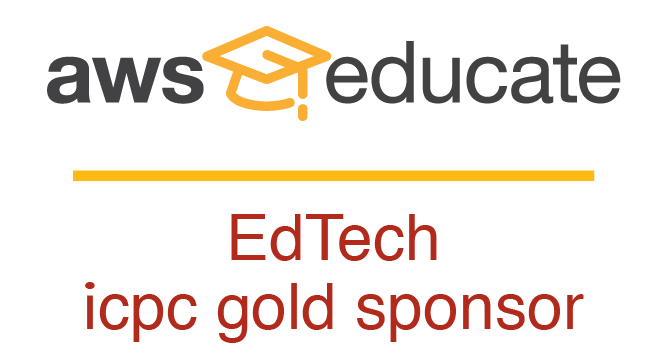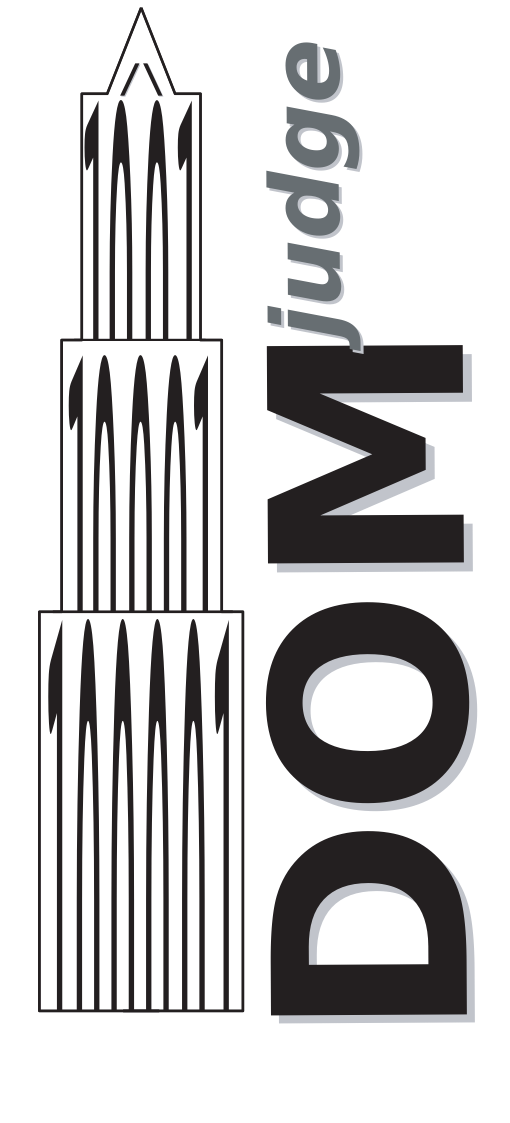Contest rules
The ICPC regional contest rules can be found at the ICPC regionals web site; official ICPC regional rules.
In order to keep NWERC 2021 a safe and fair event for everyone we have decided to repeat the fully online format from NWERC 2020. The following temporary rules are intended to accommodate for this change, and take precedence over the official ICPC regional rules where there are contradictions.
The NWERC 2021 Contest director has final say in determining any breach of rules and consequences for the offending team, which could result in disqualification.
Team composition
A student may compete when eligible according to the 2021 ICPC Regionals Eligibility Diagram.
- A team consists of 3 eligible students.
- An educational institution may send up to 3 teams.
- The educational institutions must be from one of the region member countries. By special request teams from other countries may be allowed to participate in this region, as stated in the ICPC Regional Rules.
- All teams who want to participate must be registered.
Location
Contestants are allowed to participate from any location of their choice. Team members do not have to gather at the same location.
Devices
Contestants are allowed to use their own computers and electronic devices.
Internet access
Contestants are allowed to use the internet during the contest, with two restrictions:
- Contestants are not allowed to publish or post any information on the internet during the contest.
- Contestants must only read information that was published before the start of the contest.
Examples uses of the internet that are not allowed during the contest:
- Posting information about the problems or sending anyone the problem statements.
- Asking questions on Stack Overflow or any other forums.
- Reading discussion threads that may include information about the NWERC 2021 problems.
Existing code
Contestants are allowed to use preexisting code found on their computers or on the internet, provided that it does not violate any other rules about internet access (in particular, the code must have been published before the start of the contest). However, any code copied off the internet must be explicitly marked with a comment containing a URL to the original source.
Communication
Contestants are allowed to communicate with their own team members during the contest, and are encouraged to set up a private voice or video conference for their team during the contest. Contestants are also allowed to communicate with organizers and the jury through the "Clarifications" interface in the judging system, where any and all issues during the contest or questions about the problem statements should be directed. Contestants are not allowed to communicate with anyone else (including but not limited to their coach, friends, contestants from other teams, or anyone else on the internet or in person) during the contest.
Software
There are no restrictions on software use during the contest. Contestants are allowed to use any operating system, IDE or editor they like, and configure that software in any way they like before the contest. In particular, contestants may configure their editor to use a code template of their choice, provided it does not violate any other rules about use of existing code. A virtual contest environment containing the exact compiler versions as those used on the judge machines, as well as a number of editors, IDEs, and other common programming tools is provided as a convenience, but its use is completely optional.
Programming languages
The judging system will only accept solutions written in C, C++, Java, Python 3 and Kotlin. See details about specific versions and compilation parameters on the judging page.





